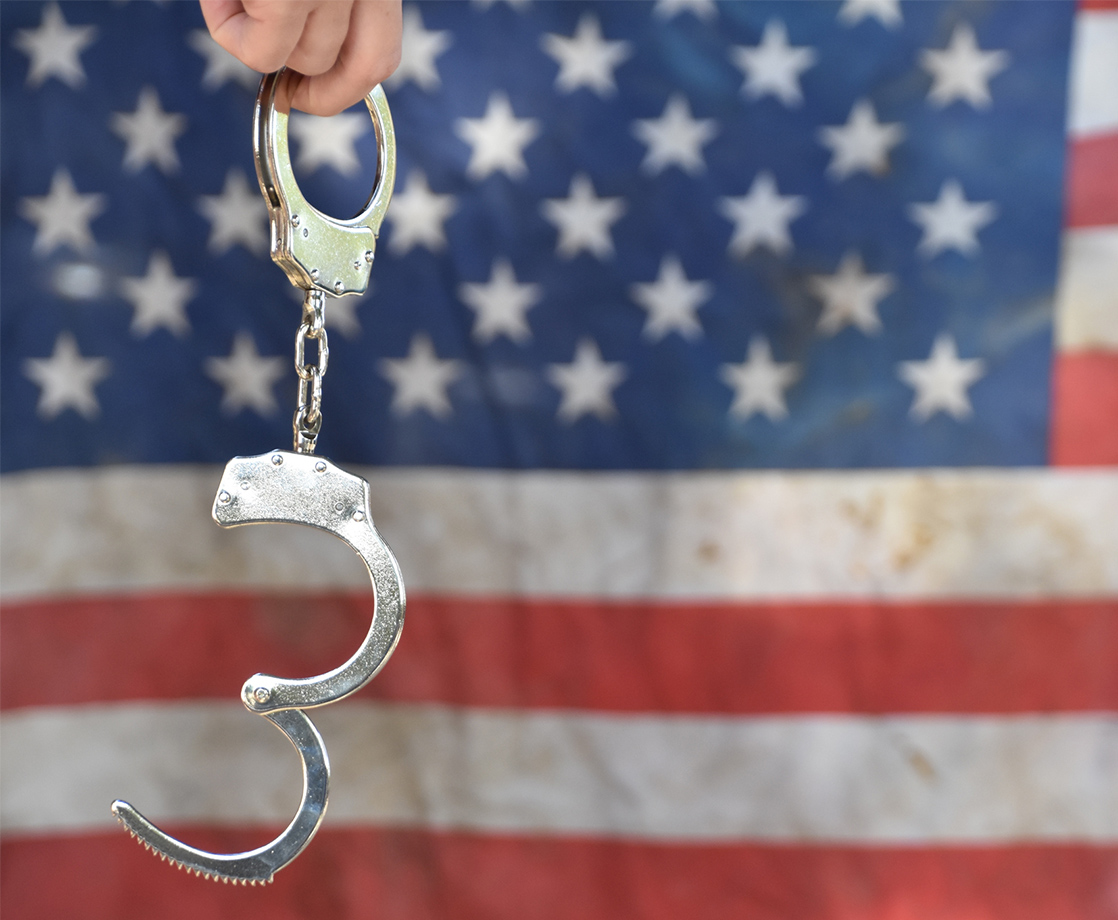A federal judge working in Brooklyn took an active stance against America's parole-to-prison pipeline last week, refusing to send a recently-released convict back to jail for a minor marijuana charge. In his decision, Judge Jack Weinstein said that the focus of supervised prison release should be rehabilitation, not punishment, and that we would no longer re-incarcerate cannabis users.
According to the New York Post, Judge Weinstein's socially progressive decision was handed down last Thursday, in the case of 22 year-old Tryon Trotter. Trotter served two years in jail for selling heroin, before being released with three years of supervised parole. While under state watch, Trotter was charged with smoking marijuana, and faced years of additional prison time for the minor indiscretion. Citing weed's growing normalization, Judge Weinstein said that the potential punishment did not match the crime.
"Marijuana use, through law, policy, and social custom, is becoming increasingly accepted in society," Judge Weinstein wrote in his 42-page decision. "For some supervisees, who are otherwise rehabilitated, a marijuana habit can derail progress as they end up in an almost never-ending cycle where they oscillate between jail and supervision."
While cannabis law reform efforts in the Empire State have ramped up over the past few years, with licensed medical marijuana dispensaries open for business in the Big Apple and strong support for legalization coming from November's gubernatorial candidates, America's East Coast hub is still employing racist police practices and prosecuting pot users by the thousands.
Judge Weinstein, 96, was appointed in 1967 by President Lyndon B. Johnson, and has made a name for himself over the past half-century for challenging the powers that be, rejecting status quo police powers and racist prosecution methods. In yet another groundbreaking case last month, Weinstein rebuked the Supreme Court's protection of ill-willed police and refused to accept the immunity pleas of four Brooklyn cops accused of assaulting a man who had refused them entry to his home.
"The Supreme Court's recent emphasis on shielding public officials and federal and local law enforcement means many individuals who suffer a constitutional deprivation will have no redress," Weinstein wrote in that decision.
Turning his attention to cannabis last week, Weinstein argued that micromanaging supposedly rehabilitated convicts does not actually help the individuals, but instead serves to reinforce the idea that they will be criminals for the rest of their lives.
"Effectively, courts are faced with a choice: imprison a marijuana user on supervised release or cut short supervision, forcing an attempt at further rehabilitation on the supervisee's own," Weinstein wrote in last Thursday's decision.
Breaking from traditional protocol that would have sent Trotter back to jail, Judge Weinstein dismissed the 22 year-old, and even went one step further by terminating his post-release supervision altogether.
"He must attempt to lead a productive life on his own," wrote Judge Weinstein.
Follow Zach Harris on Twitter











